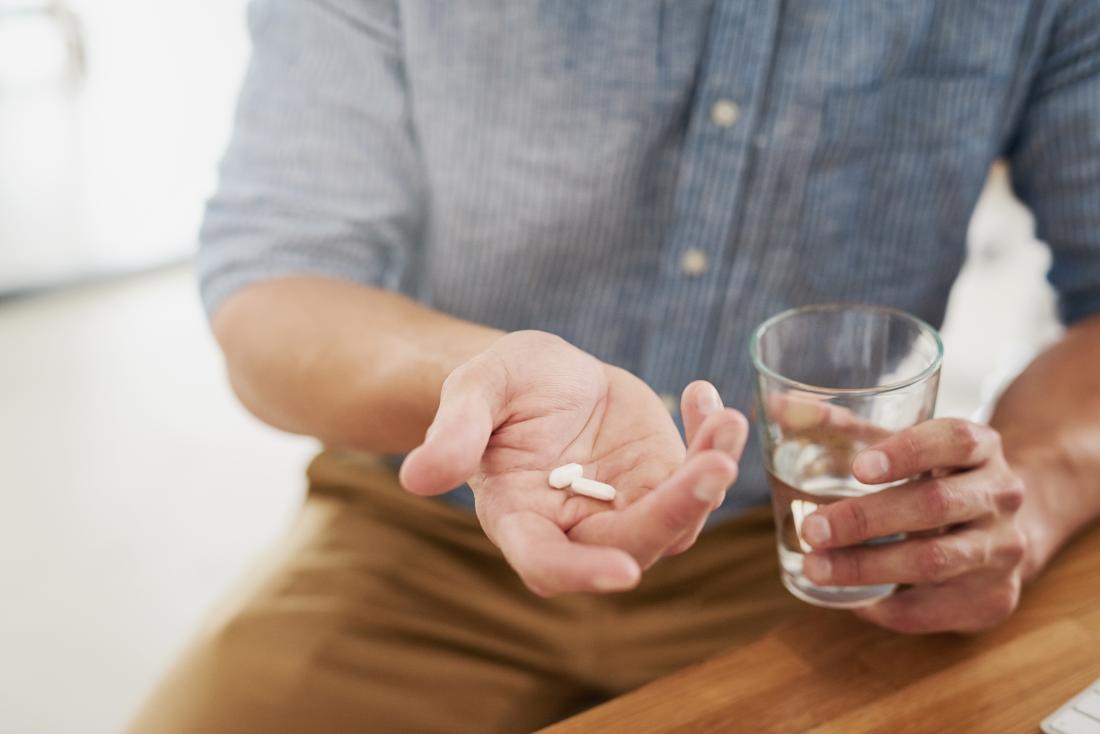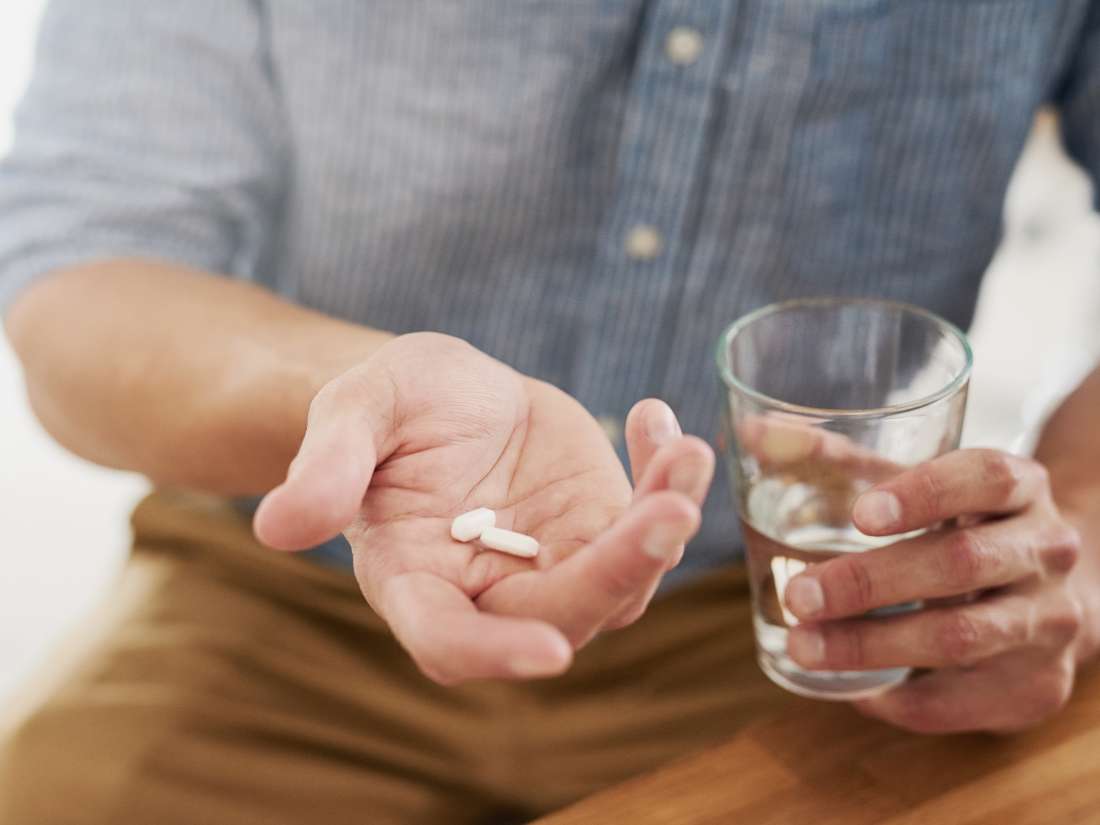According to the American College of Cardiology, about 85–90% of people report no side effects from taking statins. When side effects do occur, the most common are muscle pain and joint pain.
In this article, we discuss the side effects and other possible risks of taking Lipitor.
What are statins used for?

A doctor may prescribe Lipitor to help reduce a person’s cholesterol.
Lipitor is a statin, which is a class of drug that helps lower cholesterol levels by reducing the amount of this substance that the liver produces.
Lipitor lowers the levels of cholesterol and lipoprotein in the blood and reduces how much low density lipoprotein (LDL), or “bad” cholesterol, the body produces.
As a result, this medication helps lower the risk of heart related health events in people with risk factors for these issues. Lipitor can help reduce a person’s risk of heart attack, stroke, congestive heart failure, and angina. A person at high risk is also less likely to need stents or bypass surgery when they take this drug.
People who are at risk for coronary heart disease may benefit from taking Lipitor. Lipitor can also help people with an abnormal lipid profile and those with type 2 diabetes who have cardiac risk factors.
Common side effects
People taking Lipitor may experience side effects, the most common of which include:
Muscle pains and cramps are more likely when a person first starts taking Lipitor or when they increase their dosage. People who are 65 years of age or older may be more at risk of this side effect than younger adults.
Sometimes, doctors will notice that people experiencing muscle pains with Lipitor also have high levels of a liver protein called creatine phosphokinase. If this is the case, they will monitor the levels of this protein while decreasing the dosage of Lipitor. They may choose to replace Lipitor with another cholesterol lowering drug.
Doctors will perform liver function tests before prescribing Lipitor, as it can affect the results of these tests. After taking the drug for at least 6 weeks, doctors will recheck the liver to make sure that the drug has not caused any significant changes to the liver function.
If the person has elevated test results, the doctor will check their blood at more frequent intervals until the measures normalize. Sometimes, the doctor may need to lower the dosage of Lipitor or stop this treatment altogether.
Severe side effects

Possible side effects of Lipitor include muscle pain, nausea, and indigestion.
Severe side effects are rare, but they can occur. Lipitor may affect kidney or liver function.
Research has linked Lipitor to a serious muscle condition called rhabdomyolysis, which can cause kidney failure. If this occurs, doctors will stop the drug and provide the individual with plenty of fluids to prevent kidney failure.
People who have kidney disease or take certain other medications alongside Lipitor may be more at risk of developing rhabdomyolysis.
The three symptoms of this condition are:
- muscle weakness
- muscle pain
- tea colored urine
However, doctors report that fewer than 10% of people will have all three symptoms.
Doctors diagnose rhabdomyolysis by checking the blood levels of creatine phosphokinase. Most experts agree that a number five times the normal limit can confirm a diagnosis of rhabdomyolysis.
Statins and other cholesterol lowering medications can affect the function of the liver. At higher dosages, the risk of liver function test abnormalities increases. In rare cases, people have experienced fatal and nonfatal liver failure as a result of taking statins.
Warnings
Anyone with an allergy to atorvastatin or any other statin should avoid taking Lipitor.
Women who are pregnant, wish to become pregnant, or are breastfeeding should not take Lipitor. There is not enough evidence to confirm that Lipitor is safe or effective during pregnancy or breastfeeding.
If a woman becomes pregnant while taking Lipitor, the doctor will stop the medication and replace it with another cholesterol lowering medication.
Doctors will not usually prescribe Lipitor to anyone with active liver disease, but in some situations, the benefits of taking Lipitor may outweigh the risks. People with chronic liver disease, such as hepatitis or nonalcoholic liver disease, may still take Lipitor.
People should also avoid drinking excessive amounts of alcohol while taking Lipitor.
Drug interactions
Lipitor can interact with some other drugs to increase the risk of rhabdomyolysis. Birth control pills and grapefruit juice can also affect how Lipitor works.
The following table lists Lipitor’s potential drug interactions, which can cause rhabdomyolysis and other skeletal muscle effects.
| Drugs | What to do |
| Cyclosporine
Tipranavir + ritonavir Glecaprevir + pibrentasvir |
Do not take with Lipitor. |
| Clarithromycin
Itraconazole Saquinavir + ritonavir Darunavir + ritonavir Fosamprenavir Fosamprenavir + ritonavir Elbasvir plus grazoprevir |
Do not take with more than 20 mg of Lipitor daily. |
| Nelfinavir | Do not take with more than 40 mg of Lipitor daily. |
| Lopinavir + ritonavir
Simeprevir Fibric acid derivatives Erythromycin Azole antifungals Lipid-modifying doses of niacin Colchicine |
Use with caution and at the lowest possible dosage. |
People taking birth control pills with Lipitor may have higher levels of progesterone and estrogen in the bloodstream. Doctors need to choose an appropriate birth control pill that will not interact with Lipitor.
People who take Lipitor must avoid drinking grapefruit juice. The body uses an enzyme called CYP3A4 to digest Lipitor. Drinking more than 1.2 liters of grapefruit juice per day can block the action of this enzyme and raise the levels of Lipitor in the blood.
What to do if you have side effects

A person should report any side effects that they are experiencing to their doctor.
Muscle pains and cramps are a common side effect of taking Lipitor, but a person should notify a doctor if they experience them. The doctor can then test the person’s liver function.
People should also report any side effects that affect their quality of life. Lipitor is an effective medication to prevent heart related events, but it only works if a person takes it daily according to the prescription.
People who have tea colored urine or notice that their skin or the whites of their eyes are turning yellow should seek emergency medical attention. These symptoms can indicate liver failure.
If a doctor is aware of the side effects that a person is experiencing, they can help them find an alternative cholesterol lowering medication that will be effective and safe.
Summary
Lipitor is an effective medication that doctors prescribe to prevent cardiovascular disease in people with cardiac risk. Some people may experience side effects, such as diarrhea, nausea, and indigestion, when taking Lipitor.
Other side effects, such as rhabdomyolysis and liver function abnormalities, can be more severe and may require immediate medical attention.
Doctors will monitor a person’s liver function regularly to detect any signs of liver function abnormalities before symptoms arise.
Some other drugs can interact with Lipitor, so doctors will need to take a full medical history before prescribing Lipitor.
